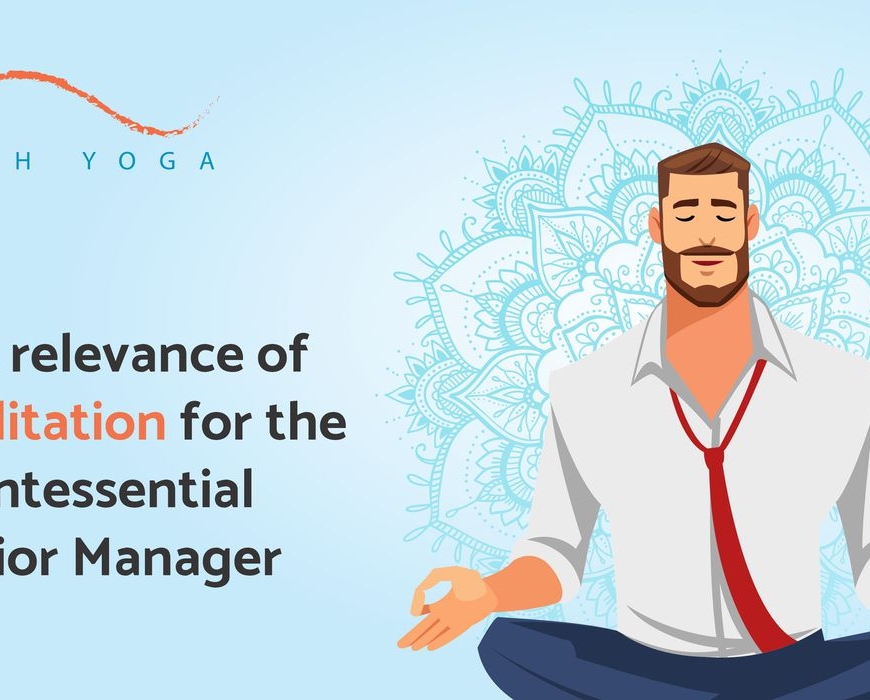Skipping A Beat – Not Always Love
The heart is one of the most vital organs of the body, working tirelessly day and night to ensure that our blood flows throughout to help supply our other organs with the nutrients and oxygen they need. Given that it needs to perform this function constantly, it is inevitable that the heart sometimes faces a problem.
When the heart does not beat properly, it is known as heart arrhythmia. The major types of heart arrhythmia include –
- Tachycardia, where the heart beats at a rate of more than 100 per minute. Even though our heart beats often go much faster than this rate when we are exercising, such a fast heart rate without any reason can be a cause of concern.
- Bradycardia indicates slow heartbeat, when the rate is less than 60 per minute. Many trained athletes tend to have resting heart beats lower than the normal 60-72 per minute, as their hearts are proficient in pumping adequate blood with fewer beats. In normal individuals however, lower heart rate can mean that the body is not receiving enough blood flow.
- Premature Heartbeats take place when the normal heart rhythm is interrupted by a beat (or contraction) that comes too soon, and this extra beat is experienced between the normal heart beats as a skipped beat.
At one point or another, most of us will experience irregular heartbeat. They are usually not harmful to us, and the body will correct them on their own. Indeed, you may not even notice many of these irregularities.
Arrhythmia has many causes, ranging from birth defects to emotional or mental stress. Lifestyle choices such as smoking can also increase vulnerability to it, and this condition may also accompany other problems such as diabetes or coronary heart disease.
However, since it is the heart we are talking about here, it is best to be safe and exercise caution if you believe you are experiencing heart arrhythmia. If you do notice something ‘funky’ going on in your chest area along with these symptoms, consult your doctor immediately –
- A too fast, or too slow heartbeat, or the feeling that your heart is skipping beats
- Chest pains
- Shortness of breath
- Dizziness and lightheadedness
- Sweating, anxiety
- Heart palpitations
If you are diagnosed with any problems listed above relating to your heartbeat patterns, here are some steps you should follow –
- Ground In Medical Advice – Your doctor is the best person to help you in such a scenario. They can help explain to you the kind of arrhythmia you have, what are the causes for it, and what can be done to resolve the issues. Even the most serious cases of this condition are today treatable and manageable, so it is important that you approach a doctor and take their advice seriously.
- A Lifestyle Change – If you are drinking, smoking or leading a sedentary lifestyle, now is the time to make changes. No matter what the cause of your arrhythmia, putting strain on your heart can lead to your condition worsening. Avoid substances such as caffeine and nicotine that influence your heart rate, and exercise regularly.
- Seek Social Support – Hearing that there is an issue with your heart can be a quite upsetting shock, even when you have full medical support and a great prognosis. It is important that you communicate openly and honestly with your loved ones, and let them come together to help you out.
Heart arrhythmias can be a tricky business, as they can happen even to those with no health conditions, and oftentimes do not mean anything. However, it is always best to reach for medical help if you feel any symptoms, so that you do not compromise on your health.





Add Comment